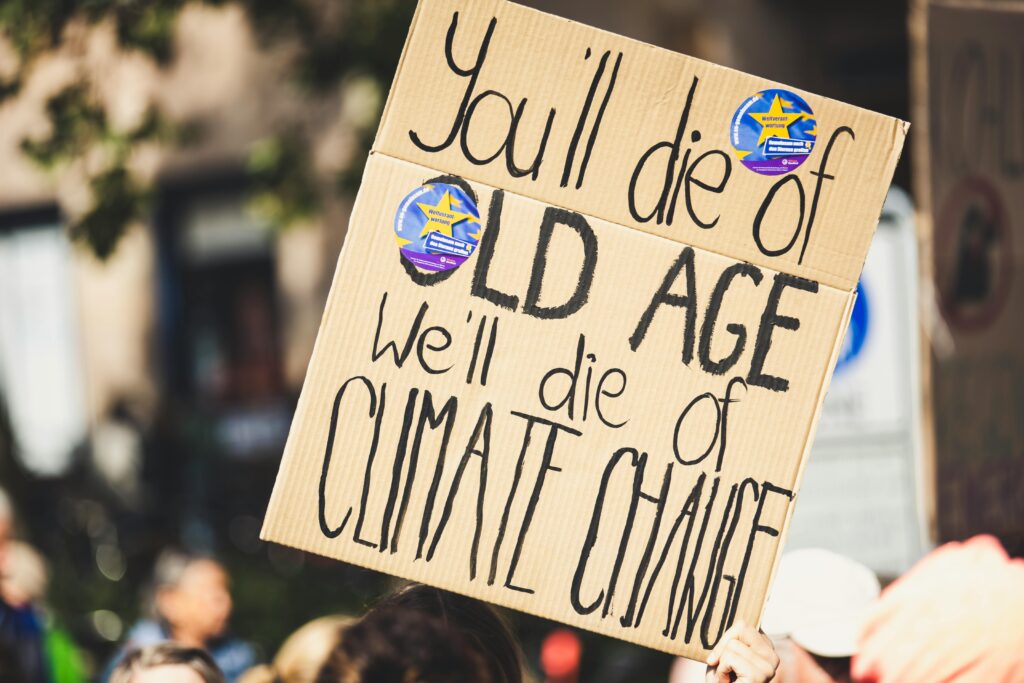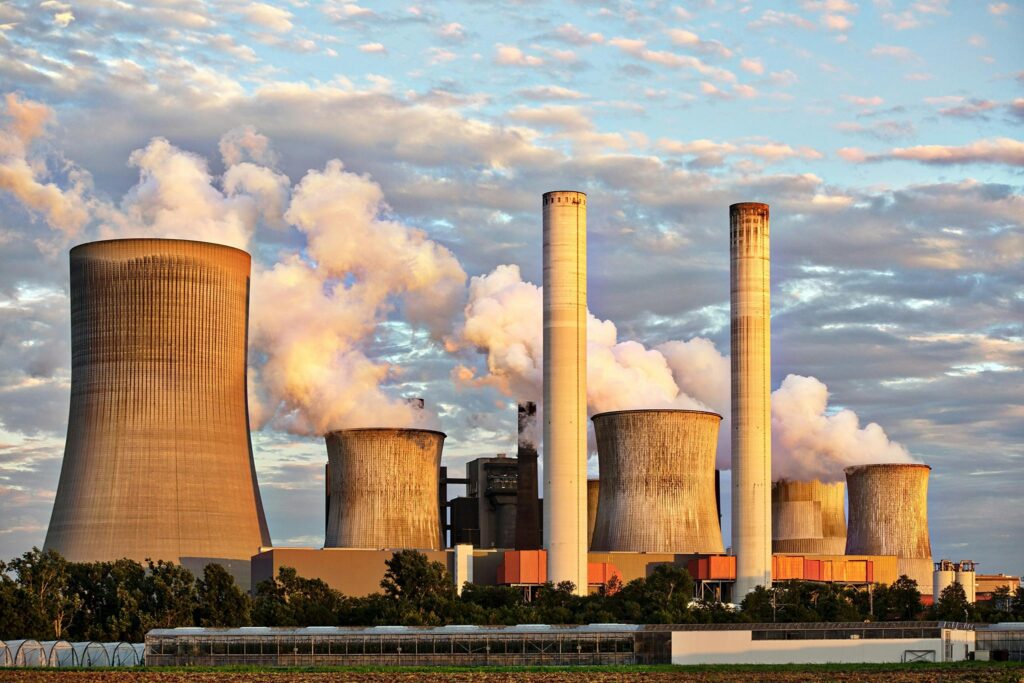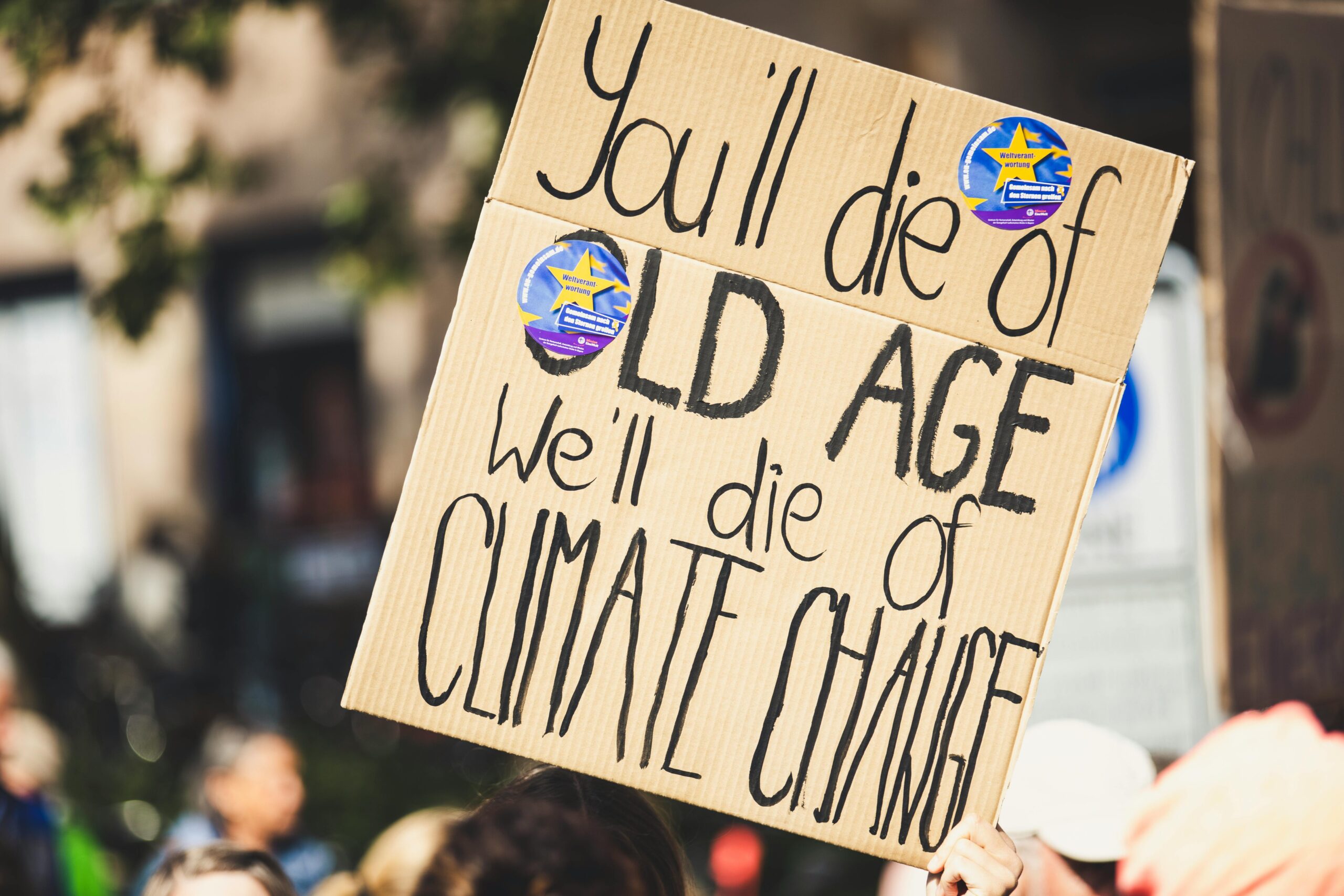Climate change is one of the most pressing issues of our time, and while much of the focus has been on environmental and physical impacts, an often overlooked consequence is its profound effect on mental health. Extreme weather events such as hurricanes, floods, wildfires, and heatwaves are becoming more frequent and intense due to climate change, leaving a lasting impact on our psychological well-being. As our environment becomes more unpredictable, many individuals and communities face not only the physical destruction caused by these events but also long-term emotional and mental health challenges.
In this article, we will explore how climate change and extreme weather events contribute to the growing mental health crisis, the psychological toll of climate disasters, and the ways we can cope and build resilience in the face of these challenges.
Table of Contents
- Introduction: The Link Between Climate Change and Mental Health
- The Psychological Effects of Extreme Weather Events
- Climate Anxiety: The Fear of an Uncertain Future
- The Impact on Vulnerable Populations
- Building Mental Resilience in the Face of Climate Change
- Policy and Community-Based Solutions
- Conclusion: Preparing for the Mental Health Challenges of a Changing Climate

Introduction: The Link Between Climate Change and Mental Health
Climate change is often associated with physical threats like rising temperatures, extreme weather events, and environmental destruction. However, its psychological impacts are equally significant. Extreme weather events, which are becoming more frequent due to climate change, not only disrupt communities but also leave emotional and psychological scars on individuals.
The mental health consequences of these events are profound, leading to an increased risk of anxiety, depression, post-traumatic stress disorder (PTSD), and other mental health challenges. As climate change continues to worsen, these issues are expected to grow, making mental health a key concern in discussions about the future of our planet.
In this article, we will examine how extreme weather events impact mental health, the growing phenomenon of climate anxiety, and the importance of creating strategies to build resilience against these effects.
The Psychological Effects of Extreme Weather Events
Extreme weather events, such as hurricanes, floods, wildfires, and droughts, have devastating impacts not only on physical infrastructure but also on the mental well-being of affected individuals. These events disrupt daily life, destroy homes, and displace entire communities, all of which contribute to a heightened risk of psychological distress.
2.1 Displacement and Loss
One of the most significant mental health impacts of extreme weather events is displacement. When people are forced to evacuate their homes or lose everything they own, the resulting feelings of helplessness and grief can lead to long-lasting psychological trauma. For many, the loss of their home, belongings, and community can be akin to the loss of their identity.
- The Impact of Forced Relocation: Relocating due to natural disasters disrupts social networks, leaving individuals feeling isolated and unsupported. The stress of resettling in unfamiliar areas can lead to feelings of anxiety and depression, and it may take years for individuals and families to regain a sense of stability.
- Grief and Loss: The emotional toll of losing loved ones or experiencing severe damage to homes can lead to prolonged grief, which, if not addressed, may develop into chronic mental health disorders such as depression or PTSD.
2.2 Trauma and Post-Traumatic Stress
Exposure to extreme weather events like hurricanes, wildfires, and floods often results in trauma, which can have long-lasting psychological effects. For those who have directly experienced the disaster, the aftermath can feel like an ongoing emotional battle.
- Post-Traumatic Stress Disorder (PTSD): Individuals who experience life-threatening events or witness the destruction of their homes or communities may develop PTSD. Symptoms include flashbacks, nightmares, heightened anxiety, and avoidance behaviors.
- Cumulative Stress: The repeated exposure to extreme weather events (such as recurring floods or wildfires) can lead to cumulative stress, where individuals face ongoing psychological burdens even if they haven’t been directly affected in every instance.
Climate Anxiety: The Fear of an Uncertain Future
In addition to the mental health impacts of extreme weather events, there is a growing psychological phenomenon known as climate anxiety or eco-anxiety. This refers to the feelings of fear, helplessness, and stress caused by concerns about the future of the planet and the threat of climate change.
What is Climate Anxiety?
Climate anxiety is the fear of the unknown and the overwhelming sense that the planet is heading toward irreversible damage. For many people, particularly younger generations, the stress of knowing that they will face the effects of climate change in their lifetimes can be paralyzing. Symptoms of climate anxiety may include:
- Constant worry about the future
- A sense of helplessness and despair
- Frustration at the lack of progress in addressing climate change
- Fears about personal safety and the safety of loved ones
While climate anxiety is particularly common among individuals who feel a strong connection to environmental issues, it is becoming increasingly widespread as the impacts of climate change become more apparent in daily life.
The Impact on Mental Health
For those experiencing climate anxiety, the constant news about natural disasters, wildfires, and rising global temperatures can feel overwhelming. The mental toll of living in a time of environmental uncertainty is linked to an increase in stress, depression, and general emotional exhaustion.

The Impact on Vulnerable Populations
Certain groups of people are particularly vulnerable to the mental health effects of climate change and extreme weather events. These include children, the elderly, low-income communities, and those with pre-existing mental health conditions.
Children and Adolescents
The younger generation is especially at risk for climate anxiety, as they are often most concerned about the future of the planet. Witnessing natural disasters or experiencing their aftermath can leave children and adolescents feeling anxious and helpless. Long-term exposure to environmental stress can also disrupt their development and sense of security.
The Elderly
Older adults are particularly vulnerable to the physical effects of extreme weather events, such as heatwaves or cold spells, which can lead to physical and mental health decline. Additionally, they may have fewer resources or mobility to evacuate in the event of a disaster, which increases their anxiety and distress.
Low-Income Communities
Low-income individuals and communities are often the most affected by extreme weather events due to inadequate housing, limited access to healthcare, and fewer financial resources to recover. This leads to greater levels of trauma, depression, and stress, as these communities often face ongoing challenges in rebuilding their lives after a disaster.
Building Mental Resilience in the Face of Climate Change
While climate change and its associated mental health effects may seem daunting, there are steps individuals and communities can take to build resilience and cope with these challenges. Building mental resilience involves improving emotional regulation, seeking social support, and adopting strategies to manage stress.
1. Emotional Regulation
Practicing mindfulness, meditation, and deep-breathing exercises can help individuals cope with anxiety and stress. These practices allow people to stay present and grounded in the face of climate-related stress.
2. Building Social Connections
Communities that foster strong social networks tend to have better mental health outcomes during crises. Social support is crucial for emotional recovery, and people who feel connected to their communities are more likely to recover from trauma and stress.
3. Professional Mental Health Support
Access to mental health services is essential for individuals dealing with climate-related mental health issues. Psychotherapy, counseling, and support groups can provide people with the tools and resources they need to process their emotions and cope with the challenges they face.
Policy and Community-Based Solutions
Addressing the mental health crisis caused by climate change requires coordinated efforts at the policy and community levels. Governments and organizations need to prioritize mental health services and disaster relief programs to help individuals affected by extreme weather events.
1. Mental Health Support During Disasters
Governments and aid organizations should provide immediate mental health support during and after natural disasters. This includes offering counseling services, hotlines, and emotional support to help people process the trauma they have experienced.
2. Promoting Climate Action
The best way to reduce the psychological impact of climate change is to take action. By addressing the root causes of climate change through policy changes, renewable energy adoption, and sustainable practices, we can reduce the frequency of extreme weather events and create a more stable environment for future generations.
Conclusion: Preparing for the Mental Health Challenges of a Changing Climate
The mental health crisis in the face of climate change is real, and as the frequency and intensity of extreme weather events continue to rise, the psychological toll on individuals and communities will only grow. However, by understanding the link between climate change and mental health, and by building resilience through emotional regulation, social support, and mental health services, we can help mitigate the impact.
Addressing climate anxiety, providing support for vulnerable populations, and prioritizing mental health in disaster planning are essential steps in preparing for the mental health challenges posed by a changing climate. With action, awareness, and compassion, we can protect both the planet and our psychological well-being for generations to come.


